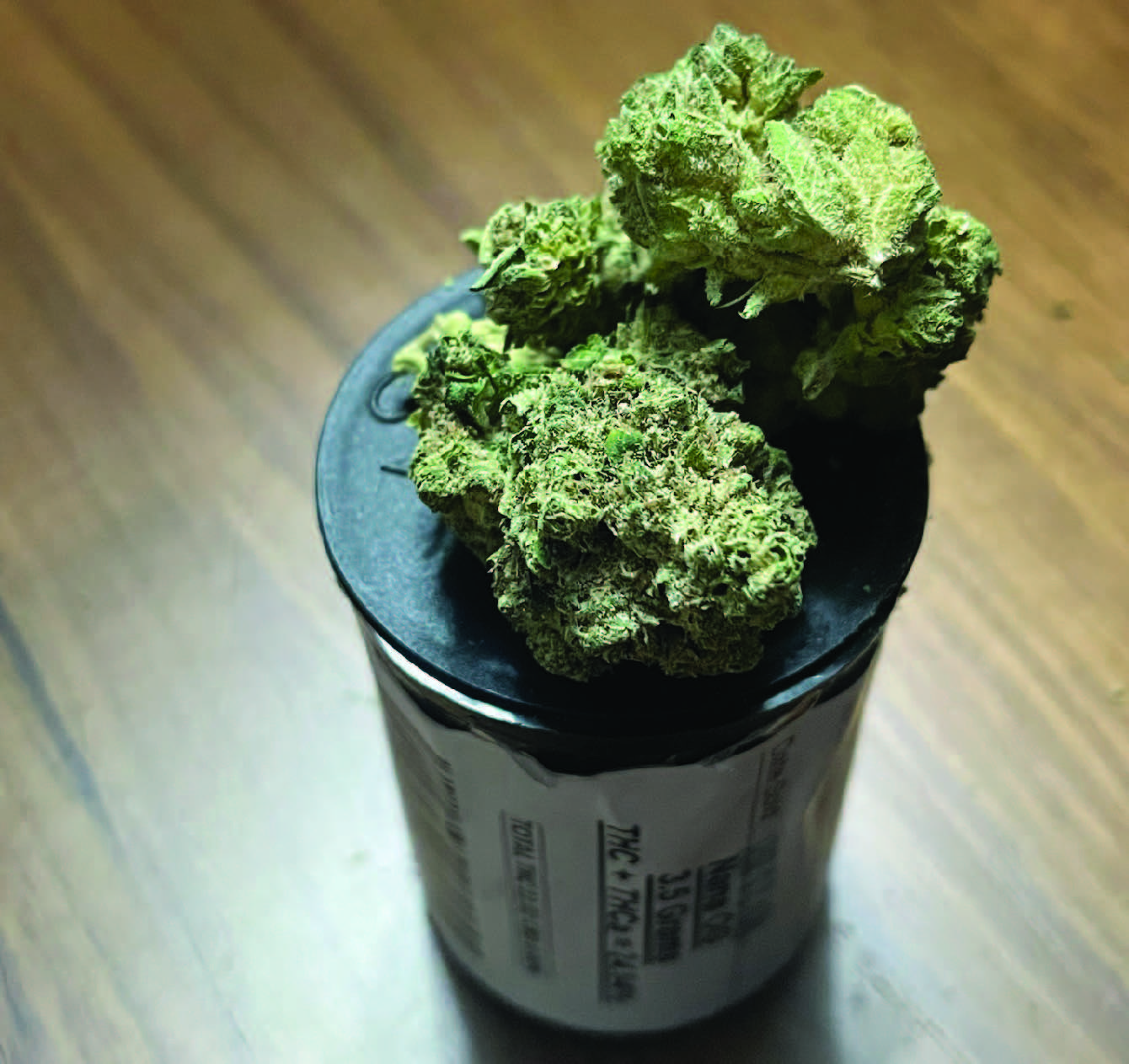I recently got into the podcast “Heavyweight” hosted by “This American Life” alum Jonathan Goldstein. Now in its second season, each episode focuses on one person and a single event or experience from their past that remains unresolved or otherwise mysterious. Together, they and Goldstein set out to find answers from primary sources, and, hopefully, closure.
The show is compelling because it seems to do the impossible: Allowing us to go back in time to get answers to the dynamic and haunting moments of our lives. As I listened to each episode, I began to think of what my moment would be, the moment I wish I could get answers to. Somehow I centered on one moment, one person: My third-grade teacher, Ms. Reid.
I remember Ms. Reid being moody, yet at times charmingly maternal and empathetic. She was stout with black hair and wore colorful blouses. She was into “new age stuff” as my mom called it, complete with the personal new age reading library she had in class, injecting a different world view from my Southern Baptist upbringing.
Ms. Reid is nearly lore between my mom and me. According to Mom, at the one parent-teacher conference they had, Ms. Reid told her that I wasn’t creative enough. “I wanted to know how you were doing in math and reading and writing. She just wanted to talk about your creativity,” my mom will say. Thirty years later, my mom will still say, “I wish Ms. Reid could see you now!”
But the moment I wish I could revisit was a bit darker.
It all started in gym class. My friends and I were kicking playground balls against the wall when one ricocheted off and hit me hard in the face. My friends inspected me and came to two different conclusions: Chris said I’d definitely get a black eye and Danny said I definitely wouldn’t. I sided with Chris and promised them a black eye.
I really wanted this black eye, a sign of playground toughness, not to mention the attention I’d receive from sympathetic third-grade girls. But when I awoke the next morning, I had just my normal face, sans black eye. There, of course, was only one way to remedy the situation. I took a black marker from my Crayola art set and, between my house and the next block en route to join Chris and Danny on our walk to school, I stopped and fished the marker from my pocket. Mirrorless, I haphazardly markered below my eye. “See? Black eye,” I told my friends. I don’t recall their most certainly unconvinced reactions.
My memory is hazy after that, but I did indeed show up to school with a “black eye.” I know this, because at some point, Ms. Reid pulled me aside. The classroom was empty and Ms. Reid began her interrogation. Why had I found the need to try to make it look like I had a black eye? The answer seems easy now: Gym class, playground toughness, sympathy from girls. Ms. Reid must have seen it as a cry for help.
In my head all these years later, it strikes me that Ms. Reid had a conclusion and asked a series of questions to confirm her preconceptions: Is there someone outside of school that hits me or mistreats me? Yes, my brother, I’d said, referring to what anyone would see as fairly normal treatment from an older brother (I assure: my home life was abnormally peaceful and stable). Did the beatings I took from him drive me to paint on a black eye so his abuse would come to the attention of a trusted adult? Yes, I said.
I recall beginning to cry in the empty classroom, half convinced of my brother’s rough treatment, but more, knowing what I said wasn’t true and embarrassed about the whole ordeal, feeling things had spiraled from my control and that it was too late to go back and change my story.
Later that day, Ms. Reid called my mom and told her of my “black eye” and that I had confessed that my brother “abused me” (her words).
And that is all I remember. Like many memories, there is no resolution. I vaguely recall my mom asking me what had gotten into me but nothing more. What happened the next day when I walked into Ms. Reid’s classroom? Did she really think I was a victim of domestic abuse and my mom was in denial or, worse, an abetting witness to a dysfunctional home life? Was Ms. Reid trained in spotting such warning signs and simply trying to protect a seemingly vulnerable student, or was she imposing her own world view of victimization? Did she ever take her concerns to anyone else?
My family chuckles about the story now, though a part of me still feels remorse for telling such an inflated story full of serious allegations against my innocent brother. Ms. Reid would likely be in her 70s today, though I doubt she would remember me at all, much less this incident that baffles me 30 years later.
Yet, my questions persist, not just about the black eye incident, but of Ms. Reid as a person, the one teacher from all my years of schooling I still talk about.













